
Zinc is one of the essential minerals and it is very important for numerous different types of functions and processes inside the human body. Without zinc one would not be able to perform the DNA synthesis, have normal smell and taste, health the wounds and maintain proper functioning of the immune system. Zinc is also an important factor in normal development and growth of a human being. The recommended daily dosage of zinc for men is no more than 9.5 milligrams per day, while for women it should not exceed 7 milligrams per day. Zinc cannot be stored inside the human body, but in spite of that fact, the body always contains up to 3 grams of zinc which is located in the testes, leucocytes, muscles, liver, skin, hair, teeth and bones. The best natural sources of zinc include seafood, eggs, beans peas, cereal products, liver and meat. The highest level of absorption of zinc occurs from meat and fish, while cereals and wholegrain bread do not provide such good absorption. Zinc normally gets excreted from the human body by means of feces.
Zinc Deficiency
Zinc deficiency is a very rare medical condition, but it still may occur, mostly due to trauma, burns, malabsorption and poor diet. There are also various risk factors which can be contributing to the occurrence of zinc deficiency but the most common ones include prolonged parenteral nutrition, inadequate diet, different types of liver diseases, excessive loss of zinc due to different sorts of trauma and several others. The symptoms of mild zinc deficiencies actually cannot be noticed as there really are not any. Severe zinc deficiency may be manifested by symptoms such as impaired wound healing, impaired taste and smell, night blindness, macular degeneration, iron deficiency anemia, susceptibility to infections, immune disorders, hepatomegaly, nerve damage, impaired nerve conduction, mental retardation, paronychia, dermatitis, alopecia, hypospermia, hypogonadism, delayed sexual maturation, growth retardation, diarrhea, lethary and anorexia. Zinc deficiency may be rather hard to diagnose and confirm but sure signs include decreased levels of plasma zinc, impaired functioning of T-lymphocytes, decreased activity of RNA polymerase, reduced plasma testosterone and alkaline phosphatase and decreased synthesis of collagen. Zinc deficiency is commonly treated with certain dietary and lifestyle changes which need to involve abundant amounts of zinc, so it may also be used in its supplemental form. Some cases of zinc deficiency may be related to the development of a certain medical condition known as acrodermatitis enteropathica.


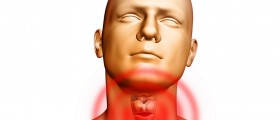


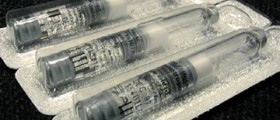
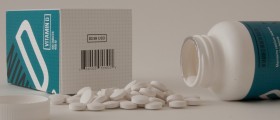

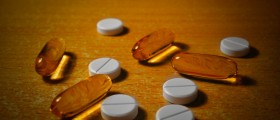
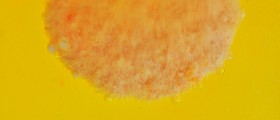







Your thoughts on this
Loading...